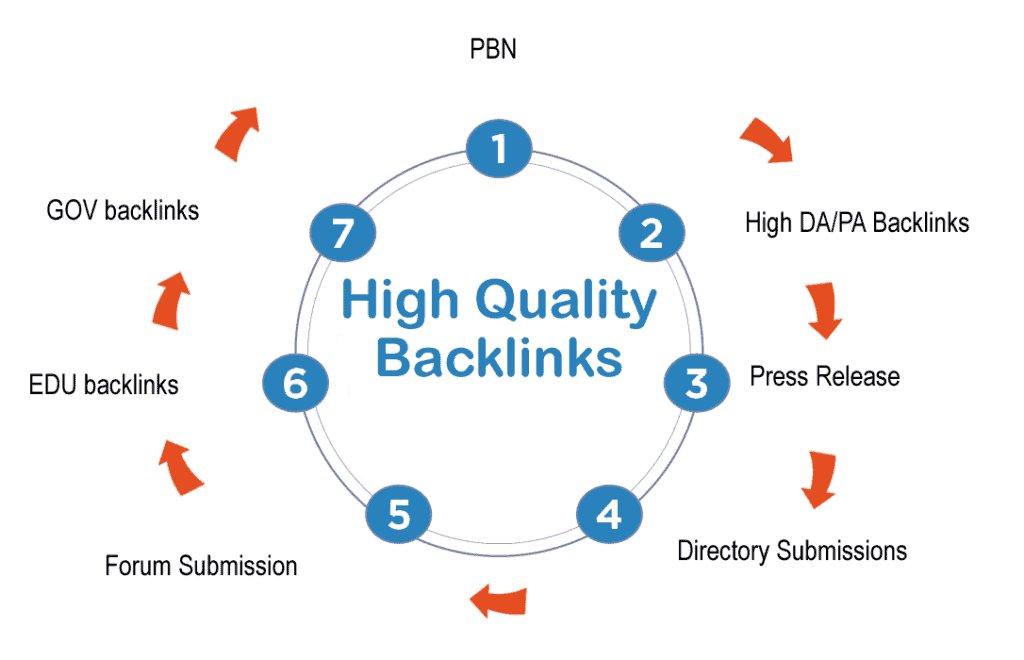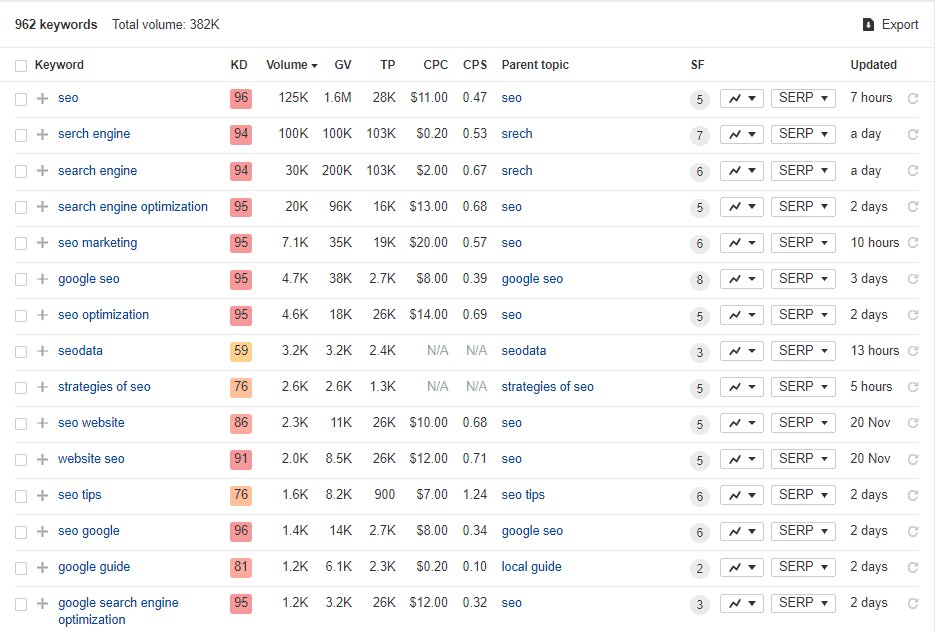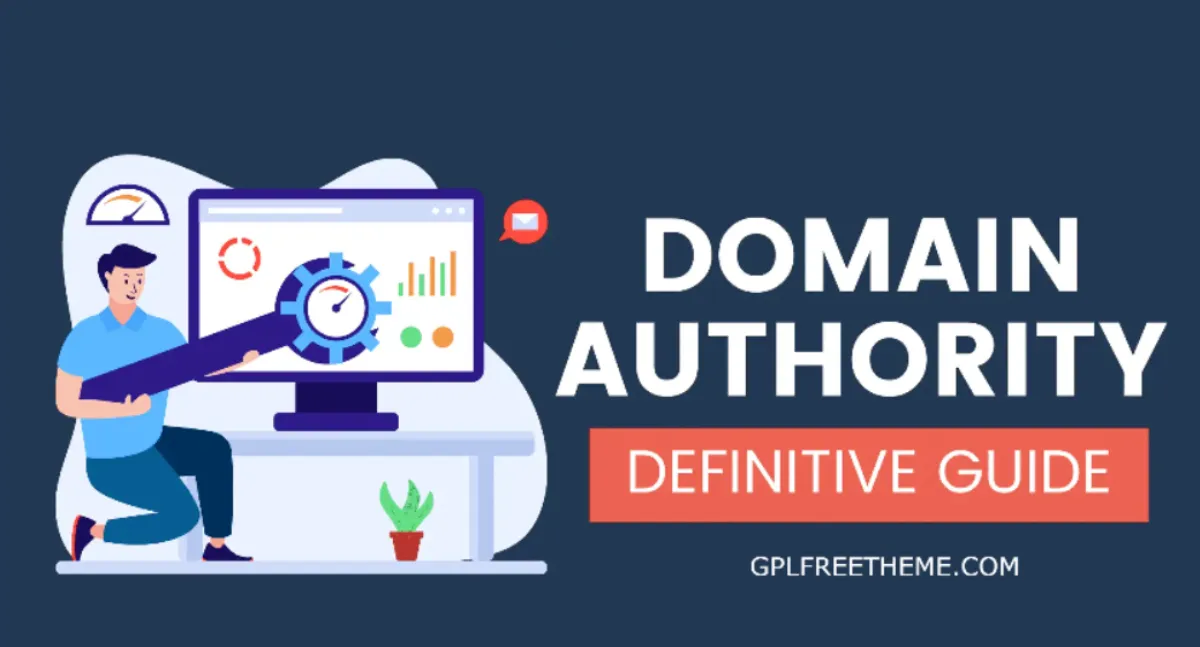In the competitive field of search engine optimization (SEO), domain authority (DA) is a key metric that determines a website’s position and ability to rank high in search engine results pages (SERPs). Developed by Moz, DA serves as a predictive indicator of a website’s likelihood of achieving top ranking. A website with a higher DA is generally considered more reliable, trustworthy, and authoritative, making it more likely to appear prominently in search results.
Understanding the Essence of Domain Authority
DA is calculated based on a variety of factors, including:
- Backlink Profile: The quantity and quality of backlinks pointing to your website play a significant role in influencing your DA. Backlinks from reputable and relevant sources carry more weight than backlinks from low-quality or irrelevant websites.
- Website Age: Older websites tend to have higher DAs compared to newer ones. This is because search engines require time to assess the credibility and trustworthiness of newer websites.
- Content Quality: High-quality content that is informative, engaging, and relevant to your target audience contributes positively to your DA. Search engines favor websites that provide valuable and useful information to their users.
- Website Structure and Usability: A well-structured and user-friendly website with clear navigation and easy-to-access information enhances user experience and positively impacts DA.
Effective Strategies to Boost Your Website’s Domain Authority
- Build High-Quality Backlinks: Focus on acquiring high-quality backlinks from reputable and relevant websites. This can be achieved through guest blogging, creating shareable infographics, and actively participating in online communities.
- Create Compelling Content: Craft high-quality content that is informative, engaging, and addresses the needs and interests of your target audience. Prioritize publishing original and well-researched content that provides value to your readers.
- Submit Your Website to Directories: Enhance your website’s visibility and make it easier for search engines to discover it by submitting it to reputable directories. This can broaden your reach and increase the likelihood of attracting backlinks.
- Leverage Social Media: Promote your website and content on social media platforms to increase awareness and drive traffic to your site. Encourage social sharing and engagement to enhance your website’s visibility and credibility.
- Utilize Social Signals: Integrate social media buttons on your website to make it easy for visitors to share your content across various platforms. Social sharing signals can positively influence your DA.
- Practice Patience and Consistency: Building DA is a gradual process that requires time and consistent effort. Don’t expect overnight results; instead, focus on implementing effective SEO strategies over time to see steady improvement in your DA.
If you’re a blogger, you’ve likely come across the term “domain authority” (DA). DA is a search engine ranking metric developed by Moz that predicts how well a website will rank in search engine results pages (SERPs). While some people may confuse DA with page authority (PA), it’s important to understand that they are distinct metrics.
Page authority (PA) is a measure of a specific page’s authority, while domain authority is a measure of an entire website’s authority. Both DA and PA are important for SEO, but DA is generally considered to be more important.
If you’re serious about improving your website’s ranking, focusing on enhancing your domain authority is essential. A higher DA can help your website rank higher in SERPs, which can lead to more traffic and more opportunities for conversions.
While it may seem daunting, increasing your domain authority is achievable by following a few strategic steps. In the following sections, we’ll explore the factors that influence domain authority and provide practical tips on how to boost your DA and improve your website’s ranking in search engines.
But how can we do it?
While boosting your domain authority may seem like a complex undertaking, it can be achieved by following a few strategic steps. However, before diving into those steps, it’s crucial to gain a thorough understanding of domain authority and the factors that influence it.
To provide you with a comprehensive understanding, we’ll start from the basics and gradually delve into the practical strategies for enhancing your website’s domain authority. By gaining a clear grasp of these factors and implementing the appropriate techniques, you can effectively elevate your website’s standing in the eyes of search engines.
What is domain authority in actuality?
We previously mentioned the tool Moz, and it’s important to understand the connection between domain authority (DA) and Moz. DA is a ranking score developed by Moz, which is why we mentioned this tool twice.
The DA score ranges from 0 to 100, and while it doesn’t directly impact your website’s search engine rankings, it can influence traffic and user perception. A high DA score can signal credibility and authority, leading to increased trust and engagement from visitors.
While boosting domain authority requires dedication and effort, it’s certainly achievable by implementing effective strategies and focusing on improving your website’s overall quality and value.
Domain Authority VS. Page Authority
Domain authority (DA) and page authority (PA) are two distinct metrics that measure the search engine ranking potential of a website. While they share some similarities, they differ in their scope and application.
Domain authority reflects the overall strength and authority of an entire website, encompassing all its pages and subdomains. A higher DA indicates that the website is considered a valuable and credible source of information, making it more likely to rank well in search results.
Page authority, on the other hand, focuses on the ranking potential of a specific page within a website. A high PA suggests that the page is relevant to user queries and provides valuable content, increasing its chances of appearing in search results for related keywords.
Both domain authority and page authority play crucial roles in search engine optimization (SEO). While DA influences the overall ranking performance of the website, PA contributes to the ranking of individual pages. Therefore, it’s essential to focus on optimizing both DA and PA to achieve comprehensive SEO success.
To measure your website’s domain and page authority, you can utilize DA/PA checkers, which provide numerical scores based on various factors. These tools can help you identify areas for improvement and track your progress over time.
Here are some valuable tips to boost your website’s domain authority:
- Create high-quality content that is relevant to your target audience.
- Build backlinks from reputable websites to enhance your website’s credibility.
- Optimize your website for search engines by using relevant keywords and improving technical SEO aspects.
- Promote your website through social media and other online channels to increase visibility.
- Regularly review and update your website’s content to maintain relevance and engagement.
By following these strategies and focusing on providing valuable content, you can effectively boost your website’s domain authority and improve its overall search engine ranking.
Useful tips to boost domain authority
It’s evident that achieving success in the online realm is not an insurmountable task. However, it requires dedication and effort. We’ve compiled a set of practical and effective tips based on our personal experience to assist you in enhancing your website’s domain authority.
1. Use plagiarism-free high quality content
We’re confident that you’re well aware of the significance of originality in content creation and the importance of avoiding plagiarism. However, if you’re not entirely clear on these concepts, we’ll provide a comprehensive explanation.
In the realm of online publishing, certain terms carry negative connotations and can potentially harm your website’s ranking. Plagiarism is a prime example of such a term, and its detrimental effects are well-established.
Achieving uniqueness in your content requires a multifaceted approach, but we won’t delve into the specifics in this context. The crux of the matter is to present your own ideas and expressions. If you find yourself struggling to produce original content, consider utilizing tools like paraphrasing tools or article rewriting services.
Strive to create link-worthy content that stands out from the crowd. This could include unique case studies, insightful data visualizations, high-quality graphs and charts, infographics, and other engaging elements. Such content has a higher likelihood of being shared and linked to by other websites, boosting your website’s authority and visibility.
Remember, originality is the cornerstone of successful content creation. By producing unique and valuable content, you not only establish your credibility as a reliable source of information but also enhance your website’s overall standing in the eyes of search engines and users alike.
2. Focus on Quality backlinks
Many people overlook the importance of high-quality backlinks, which play a crucial role in boosting domain authority. Backlinks are incoming links from other websites to your own, and they serve as a signal to search engines that your website is a valuable and trustworthy source of information.
When it comes to backlinks, quality reigns supreme over quantity. A single backlink from a reputable and relevant website can carry more weight than dozens of backlinks from low-quality or irrelevant sites. Therefore, it’s essential to focus on building backlinks from high-authority websites that align with your niche or industry.
Uniqueness is a critical factor in backlink building. Search engines value backlinks that come from different sources, indicating that your website has a broad reach and is recognized as valuable across the web. Avoid relying solely on a handful of backlink sources, as this can appear unnatural and potentially harm your SEO efforts.
Instead, strive to diversify your backlink profile by acquiring links from a variety of reputable websites. Engage in guest blogging opportunities, participate in relevant online communities, and reach out to industry influencers for potential link-building collaborations.
By prioritizing quality and uniqueness in your backlink building efforts, you can effectively enhance your website’s domain authority and improve its visibility in search engine results.

Now, let’s delve back into the realm of backlinks. Building backlinks is an essential aspect of enhancing your website’s authority and visibility in search engines. While high-authority backlinks are highly desirable, acquiring links from lower-authority websites can still contribute to your overall backlink profile. However, it’s crucial to maintain a balance and avoid relying heavily on low-quality backlinks.
I personally recommend avoiding focusing excessively on profile links or comment backlinks, as these methods are considered outdated and no longer hold as much weight in search engine algorithms. Instead, prioritize acquiring backlinks from reputable websites that are relevant to your niche or industry. This approach will provide a stronger signal of your website’s credibility and trustworthiness, leading to improved rankings and organic traffic.
Remember, the key to successful backlink building lies in quality over quantity. Focus on earning natural backlinks from authoritative sources that are genuinely interested in your content. By following this approach, you can establish your website as a valuable resource and enhance its overall standing in the eyes of search engines.
3. Target relevant keywords
Keywords are fundamental elements that help search engines identify your niche and make your content visible to the intended audience. If you’re targeting hospital equipment, your content should be tailored to be easily understood by doctors, which can only be achieved by incorporating relevant and targeted keywords.

Keyword research is an essential and foundational step in your SEO strategy, especially if you’re aiming for higher rankings and boosting your domain authority. By carefully selecting and strategically using relevant keywords throughout your content, you can effectively attract the right audience and improve your search engine visibility.

When your website starts ranking among the top 10 results in Google’s SERPs, the likelihood of attracting backlinks increases significantly. People are more inclined to link to your content if it is of high quality and provides valuable information relevant to their needs. Therefore, investing in thorough keyword research and creating high-quality content is crucial for achieving both higher rankings and a strong backlink profile.
4. Make your on-page SEO strong.
Investing in strong on-page SEO is a clear indication to search engines that you’re committed to achieving higher rankings. By optimizing your website’s on-page elements, you can effectively communicate its relevance and value to search engines, thereby boosting your domain authority.
However, solely focusing on on-page SEO is not enough. Off-page SEO, which encompasses factors like backlinks and social media engagement, plays an equally crucial role in enhancing your website’s overall authority and visibility.
Proper formatting is essential for both on-page and off-page SEO. On-page formatting involves using meta tags appropriately, incorporating heading tags correctly, and adjusting keyword usage for optimal search engine optimization. Keyword stuffing, a practice of excessively using keywords in an attempt to manipulate rankings, should be avoided as it can negatively impact your website’s credibility and ranking performance.
By striking a balance between on-page and off-page SEO strategies and adhering to proper formatting guidelines, you can effectively optimize your website for search engines, enhance its domain authority, and attract more organic traffic.
5. Make your website mobile-friendly
In today’s technology-driven world, we are surrounded by a vast array of smart devices, including mobile phones, tablets, and a plethora of other gadgets. Ensuring your website is compatible with these diverse devices is of paramount importance, particularly for mobile phones.
With the widespread prevalence of smartphones, it is no surprise that mobile internet usage has surpassed that of desktop computers. This shift in user behavior necessitates that websites be mobile-friendly to cater to the increasing mobile audience. A mobile-friendly website not only enhances user experience but also plays a crucial role in search engine optimization (SEO). Google, the world’s leading search engine, prioritizes mobile-optimized websites in its search results, making it essential for businesses to adapt their online presence to this mobile-first environment.

If you’re seeking assistance in creating a responsive and mobile-friendly website, feel free to contact us. We offer affordable website development services tailored to your specific needs and requirements.
Conclusion
As we’ve discussed, domain authority (DA) doesn’t directly impact your website’s search rankings, but it plays a significant role in influencing user perception and attracting organic traffic. Enhancing your DA can effectively improve your website’s overall visibility and credibility, leading to increased traffic and potentially higher rankings.
The good news is that boosting your DA is not an impossible feat. By implementing the practical strategies we’ve outlined, you can effectively elevate your website’s authority and reap the benefits of improved search performance.
We’re eager to hear which techniques you’re planning to implement first and welcome any additional methods you might suggest for enhancing domain authority. Please share your thoughts and suggestions in the comments section below.
Remember, consistent effort and adherence to sound SEO practices are key to achieving long-term success in improving your website’s domain authority and overall search engine visibility.
